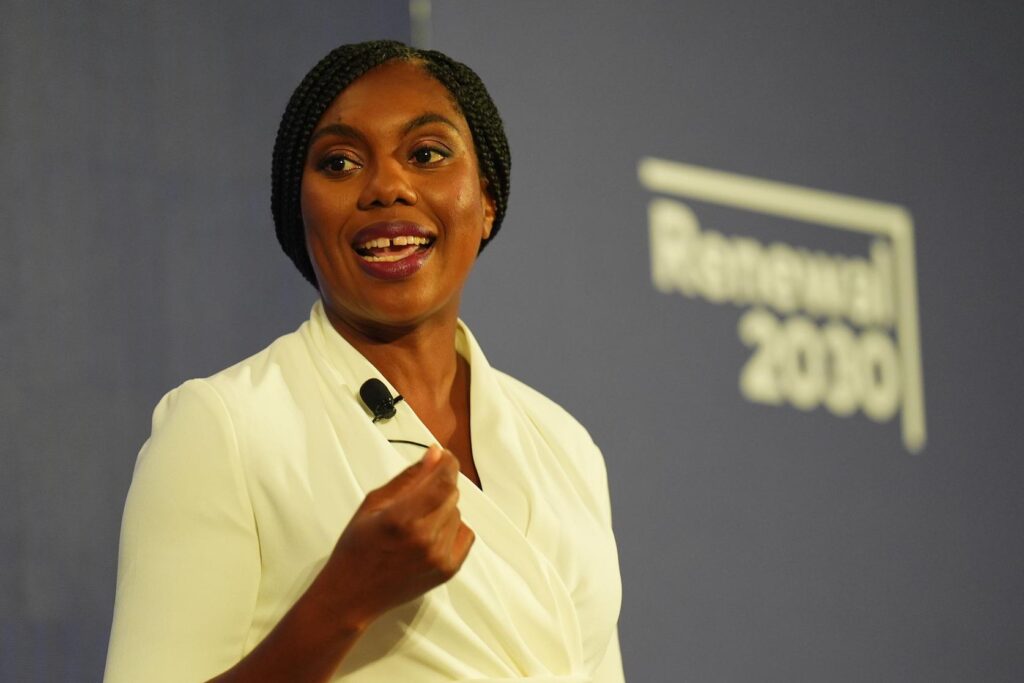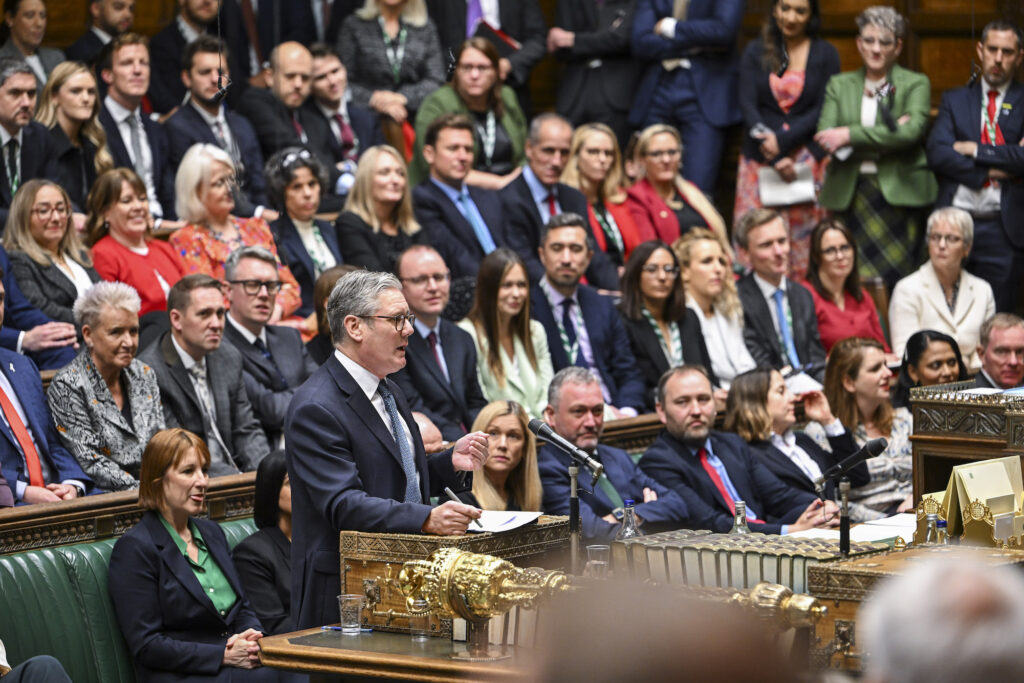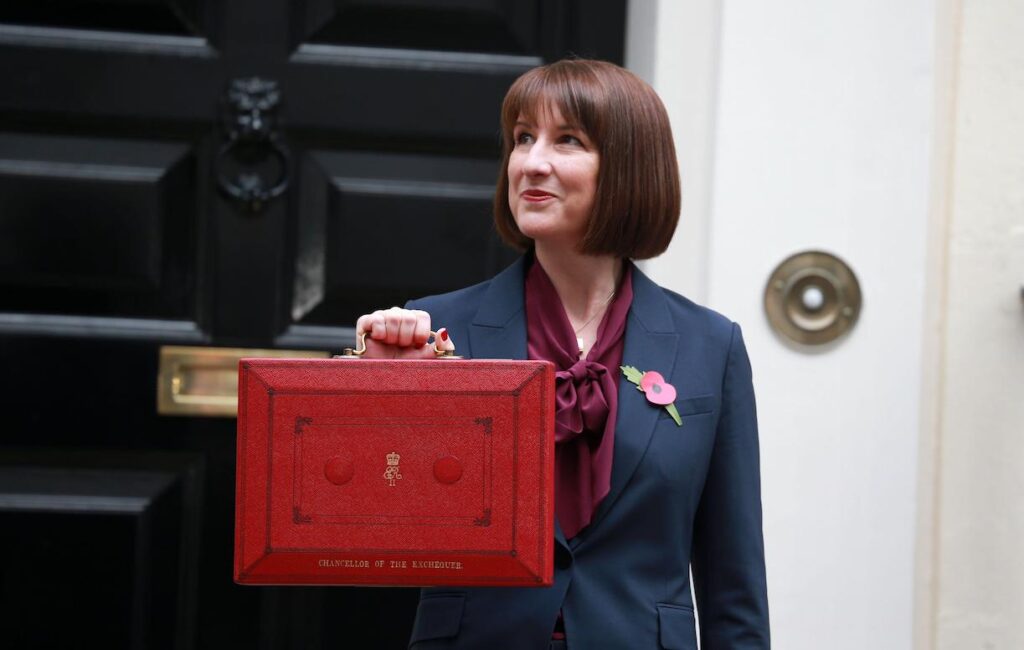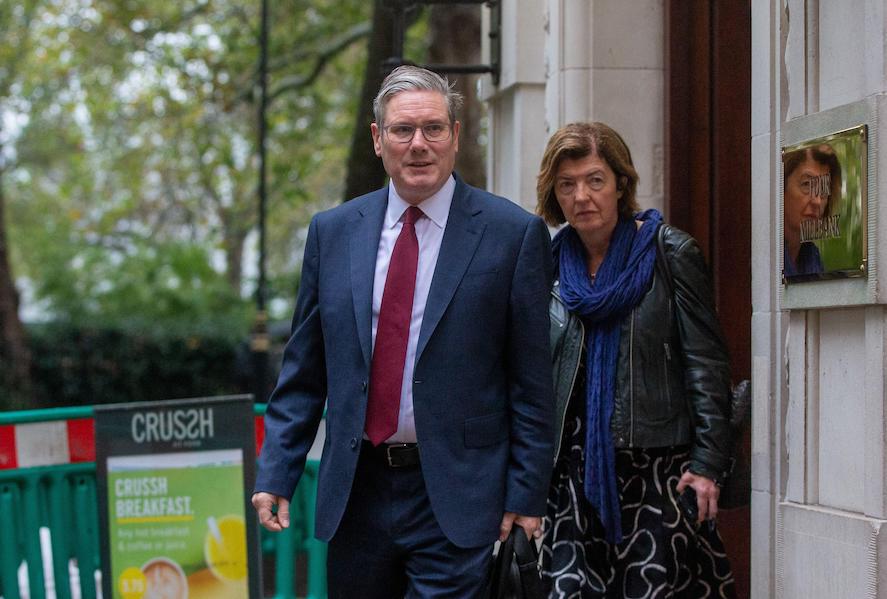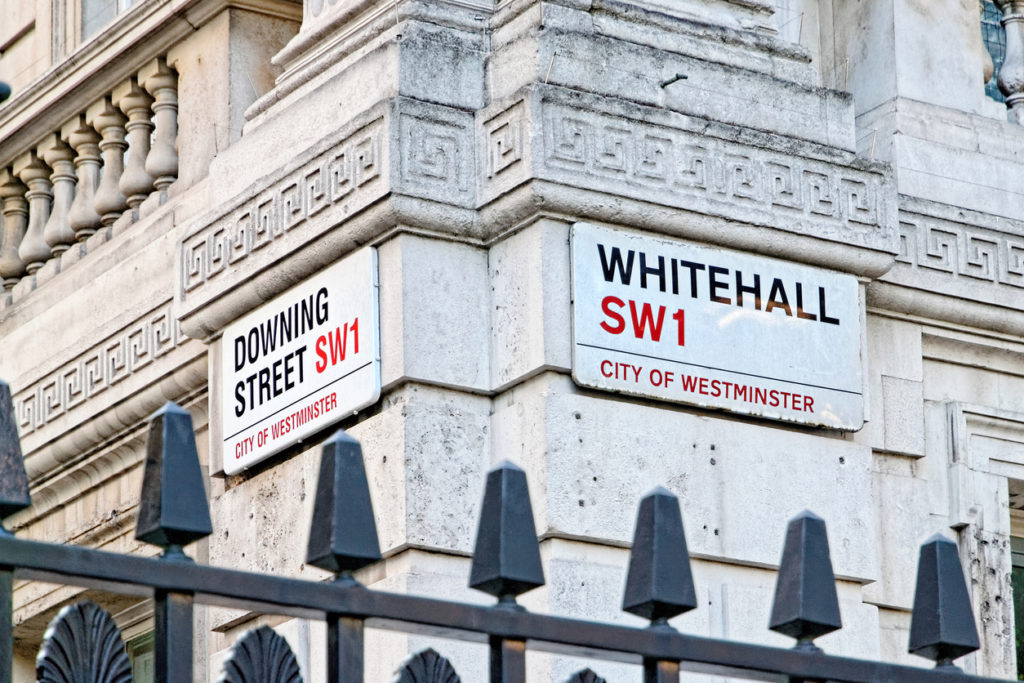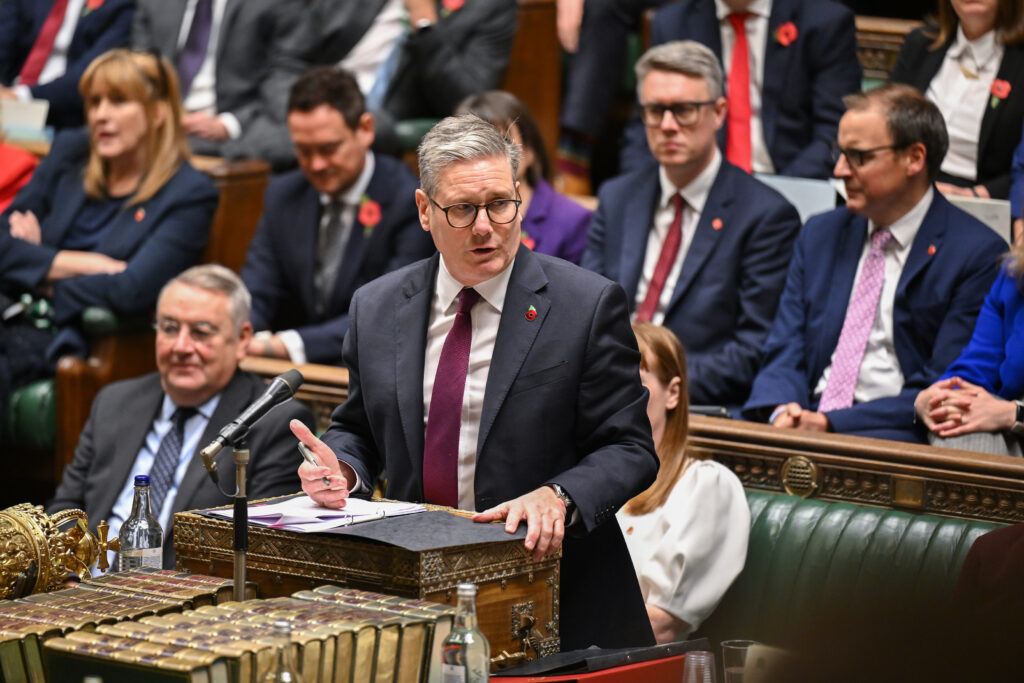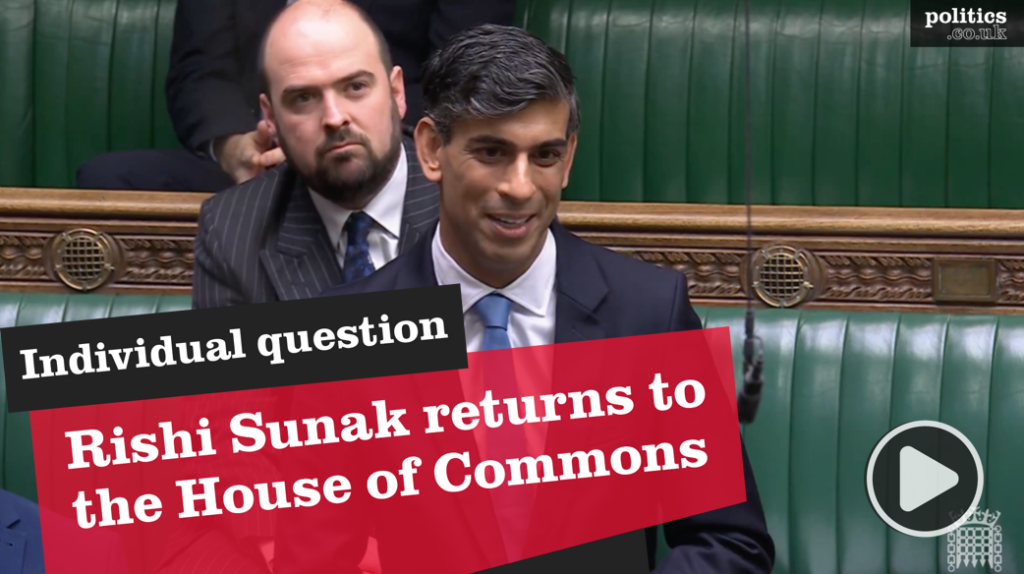Overview
Born in Birkenhead in 1936, Glenda Jackson quickly set her sights on acting and she was accepted into the Royal Academy of Dramatic Art at the age of 18.
After a short period working at Boots the Chemist, Jackson embarked on a long career as an actress both on the stage and in film. Jackson later felt compelled to enter politics by her fervent opposition to Margaret Thatcher.
At the 1992 General Election, Jackson became the Labour MP for Hamstead and Highgate. She represented the constituency for twenty three years until 2015. Jackson made her name in Parliament as a prominent critic of Tony Blair.
After leaving politics in 2015, Jackson returned to the stage, notably playing the title role in Shakespeare’s King Lear at the Old Vic Theatre in London.
Glenda Jackson died in June 2023.
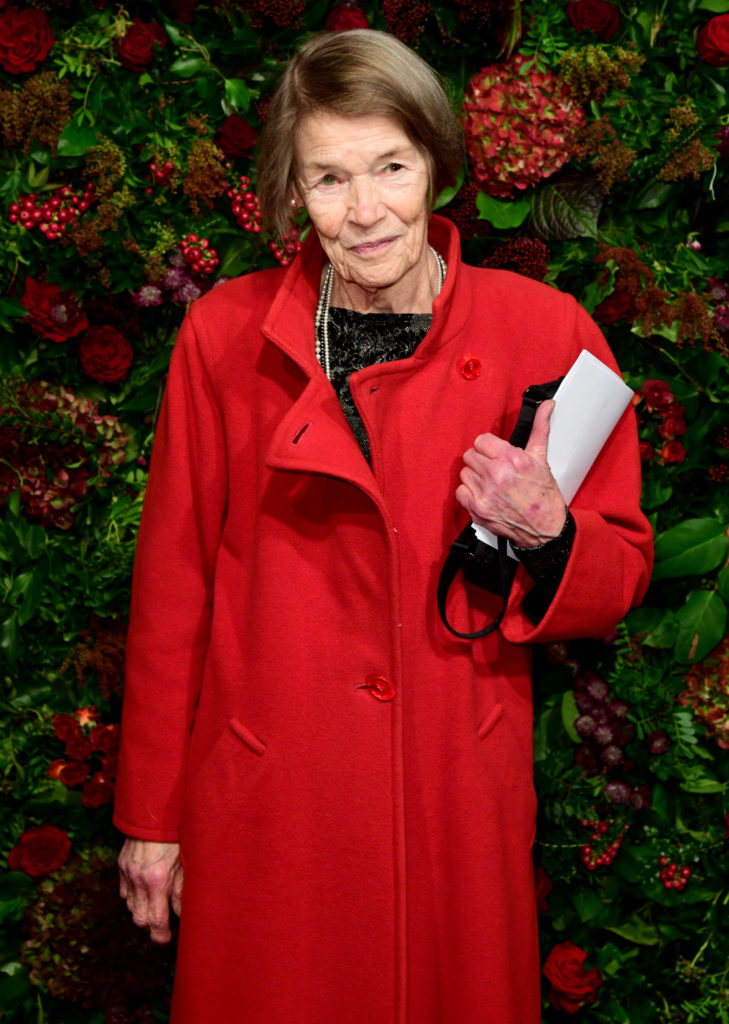
Glenda Jackson, actress and Labour politician.
Political Career
Glenda Jackson was elected MP for Hampstead and Highgate at the 1992 General Election, the first Labour candidate to win the seat since 1966. She dedicated herself to being a full-time MP: in her words ‘You can’t be a part-time MP anymore than you can be a part-time actress’. Jackson henceforth became an active parliamentarian.
Jackson joined the Labour front-bench in 1994 as the Labour Transport Team Campaigns Co-ordinator. After Labour entered into government in 1997, Jackson was made a junior Transport Minister with specific responsibility for Transport in London, airlines and airports, marine and shipping matters, and railway issues. Jackson resigned this position in 1999 to mount an unsuccessful campaign to become Labour candidate in the first London Mayoral elections.
After missing out on the position of London Mayor, Jackson became a member of the Greater London Assembly Advisory Cabinet for homelessness between 2000 and 2004. She held regular surgeries for rough sleepers and worked with the Mayor to promote measures to tackle the problems faced by those who were homeless in the Capital.
On the back-benches, Jackson made an opponent out of Tony Blair, taking him to task for introducing tuition fees, and, perhaps most notably, for the Iraq of invasion of 2003.
In her later Parliamentary years, Jackson ensured her political relevance through powerful speech making. In 2013, Jackson gave a speech following the death of Margaret Thatcher, accusing the former PM of treating ‘vices as virtues’.
In 2014, Jackson gave a scathing assessment of Ian Duncan-Smith’s tenure as Secretary of State for Work and Pensions. Jackson accused Duncan-Smith of overseeing the ‘destruction of the welfare state and the total and utter incompetence of his department’.
After leaving the Commons in 2015, Jackson expressed some sympathy for then woman Prime Minister Theresa May: ‘I’m a big admirer of her’, Jackson told the Guardian, ‘and I think the way she’s been treated is utterly disgraceful’.
Acting Career
Following her acceptance into the Royal Academy of Dramatic Art at 18, Jackson began a long and successful career in acting. First appearing on stage in 1957, Jackson became an internationally acclaimed actress who won praise for her work in theatre, film and television.
In 1964, Jackson became a member of the Royal Shakespeare Company, and partook in numerous productions over the next four years with them,
She was awarded an Academy Award for ‘Women in Love’ and a second Oscar for ‘A Touch of Class’. She depicted Queen Elizabeth (Elizabeth R) in the film Mary, Queen of Scots, and secured an Academy Award nomination and a BAFTA Award for her leading role in ‘Sunday Bloody Sunday’.
After leaving politics behind in 2015, Jackson returned to the stage-notably as ‘King Lear’ in the play of the same name in 2016. Jackson was nominated for Best Actress at the Olivier Awards for this role.
Family
Married to Roy Hodges from 1958-1976, Jackson divorced. She had one son, Dan Hodges, who is a well-known newspaper columnist and former advisor to the Labour Party.
Jackson’s mother, Joan Jackson, worked in shops and as a domestic help. Her father, Harry Jackson, was initially a bricklayer and later became a building contractor.









